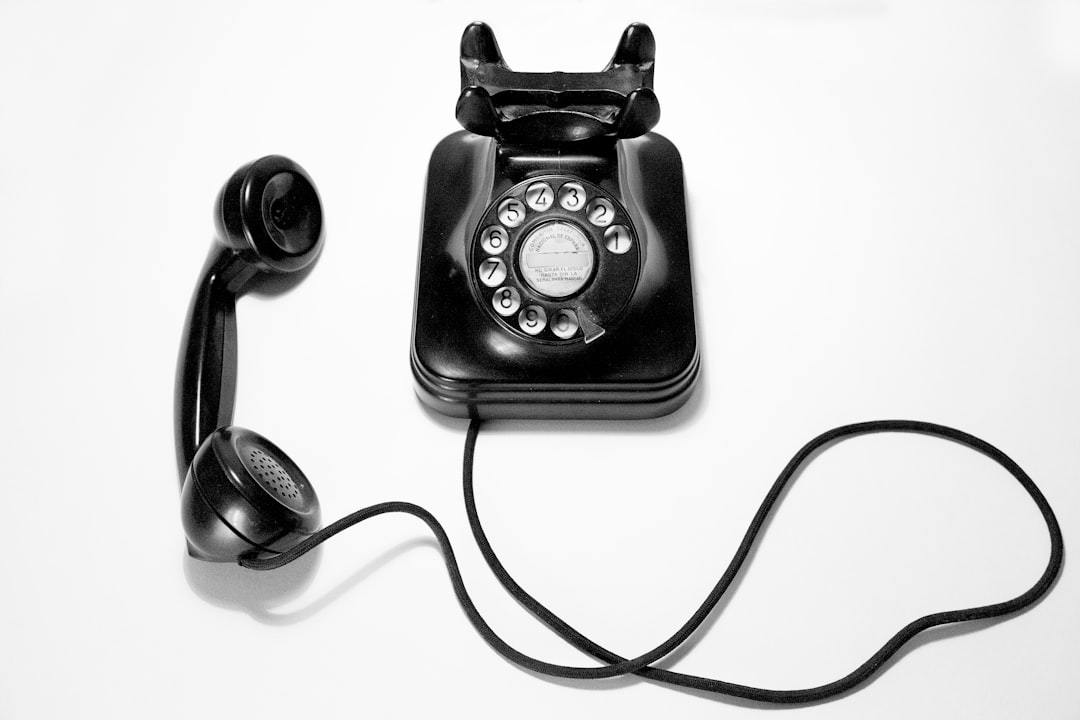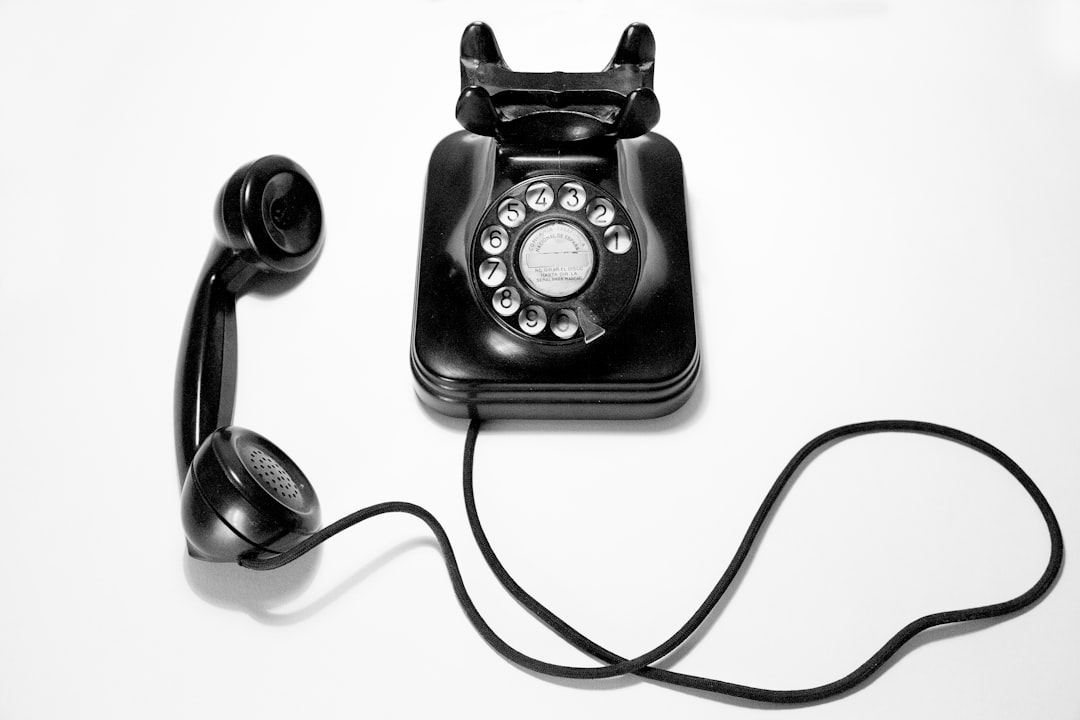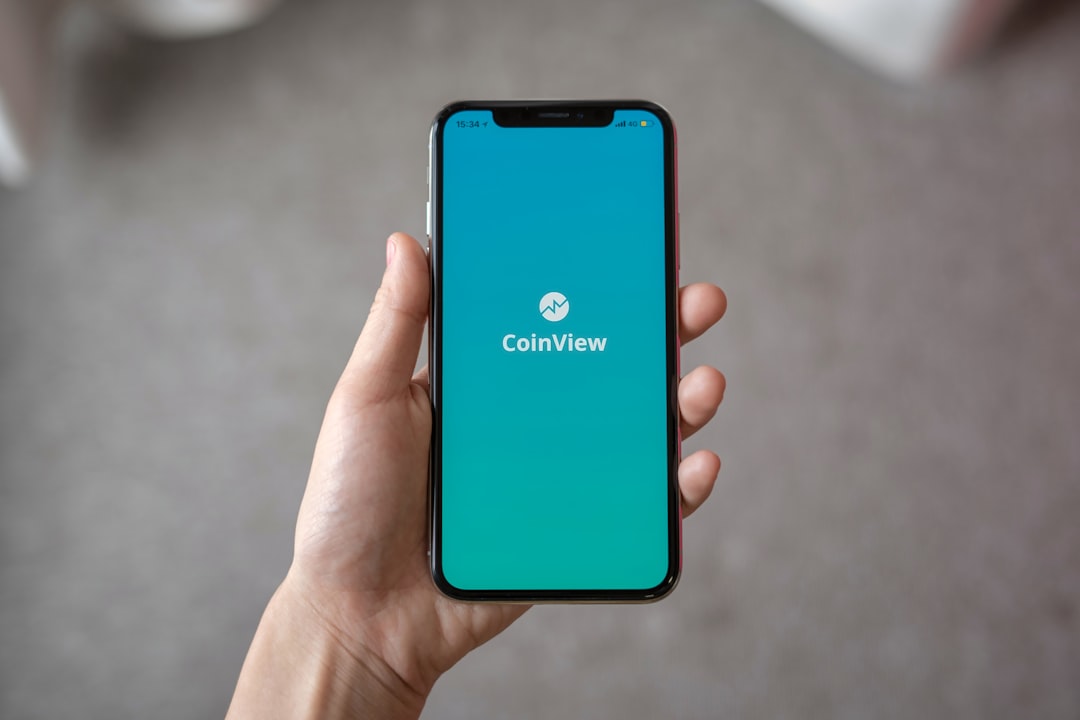In Maryland, certain businesses like Do Not Call Lawyers, non-profits, political campaigns, and government agencies are exempt from state Do Not Call regulations due to unique requirements or legal obligations. Misclassified entities can challenge these decisions with help from Do Not Call Lawyers Maryland who guide clients through evidence submission and legal proceedings to protect their rights.
In Maryland, understanding exemptions to the state’s stringent Do Not Call regulations is crucial for both consumers and businesses. This article explores who is excluded from the Maryland Do Not Call List and delves into the types of businesses with legal exemptions. We also break down how to understand and challenge exemption decisions, providing essential insights for Maryland residents seeking guidance from Do Not Call Lawyers. Discover more about navigating these regulations effectively.
Who Is Excluded from Maryland's Do Not Call List?

In Maryland, certain individuals and organizations are exempt from complying with the state’s Do Not Call regulations, which protect consumers from unsolicited phone calls. This exemption applies to companies or entities that have a pre-existing business relationship with the caller. For instance, if you’ve purchased a product or service within the last 18 months, you’re more likely to be excluded from the list, as these businesses are allowed to contact you without prior consent.
Additionally, non-profit organizations, political campaigns, and certain government agencies are also exempt from the Do Not Call Laws in Maryland. This means that charities, community groups, and official government bodies can reach out to residents without being added to the Do Not Call list. However, businesses must adhere to specific guidelines and restrictions when conducting marketing calls to ensure they remain compliant with Maryland’s regulations, especially when dealing with consumers who have registered on the Do Not Call list. Consulting with a local Do Not Call Lawyers Maryland can provide clarity and help businesses navigate these exemptions effectively.
Types of Businesses with Legal Exemptions

In Maryland, certain businesses are exempt from the state’s Do Not Call regulations, which protect residents from unwanted telemarketing calls. These exemptions are designed to accommodate industries that require direct communication with customers or have specific legal obligations. One notable category is professional services, including Do Not Call Lawyers in Maryland. Law firms and individual attorneys often need to reach out to potential clients directly, making them exempt from the general rules. This exemption allows them to provide legal advice, share updates on pending cases, and connect with customers who may require their services.
Additionally, businesses involved in charitable activities, political campaigns, and certain types of public service announcements also fall under legal exemptions. These entities are permitted to make calls for fundraising, awareness campaigns, or distributing important information without first obtaining consent from the recipients. The state’s regulations acknowledge the unique needs of these sectors, ensuring they can continue their vital work while respecting residents’ privacy.
Understanding and Challenging Exemption Decisions

Understanding exemption decisions is a critical aspect of Maryland’s Do Not Call regulations. Businesses and individuals who believe they have been incorrectly categorized as exempt may challenge these decisions with the help of Do Not Call Lawyers Maryland. The process involves submitting evidence and arguments to the relevant authority, demonstrating why the exemption should be reconsidered. This could include showing that the organization’s practices do not align with the criteria for exemption or presenting new information that was previously unavailable.
Challenging an exemption decision requires a thorough understanding of the regulations and legal precedents. Do Not Call Lawyers Maryland are equipped to navigate these complexities, ensuring clients’ rights are protected. They assist in preparing compelling cases, gathering necessary documentation, and representing clients during administrative or legal proceedings. This support is vital for those seeking to overturn erroneous exemption decisions and regain control over their communication preferences.






